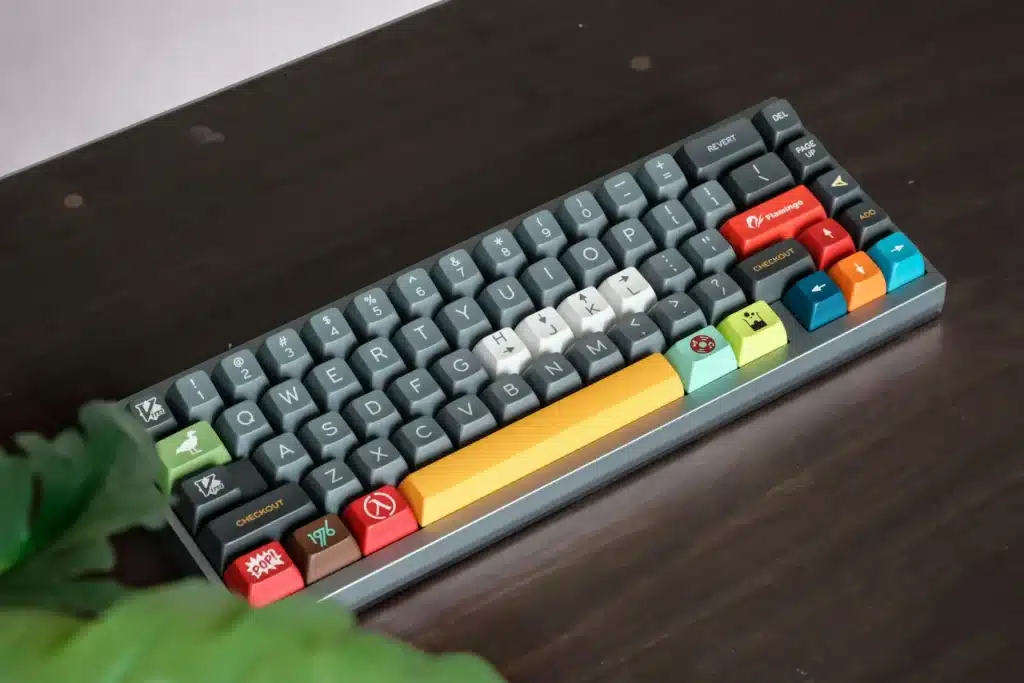I used to love my old mechanical keyboard. That satisfying click-clack of my mechanical keyboard made me feel productive, like I was really doing my stuff. But after a few months of using that keyboard, one every day, the charm wore off fast.
The noise got to me. My focus would break every few minutes. Late-night work sessions felt like I was hammering out Morse code in a war bunker. Even on calls, people started asking what that “banging sound” was in the background. It was my keyboard.
Eventually, I’d had enough. I switched to a quiet mechanical keyboard—same great feel, way less noise—and immediately noticed the difference. Now I could think clearly. Work longer. Focus deeper. It felt like removing a constant low-level distraction I didn’t even realize was messing with my brain.
If you’re someone who types a lot or works in shared spaces, this one change can seriously improve how you work. It did for me. And honestly? You might be surprised how this shift makes things much better; everything feels different when the noise is gone.
That’s the beauty of quiet mechanical keyboards. You still get that buttery key feel people rave about—without sounding like you’re trying to Morse code your way out of a submarine.
Let’s break it down.
Mechanical Doesn’t Mean Loud (if you pick smart)
You can have the satisfying thock of a mechanical switch without the obnoxious click. It just depends on the switches. Look for terms like “linear” or “silent tactile.” Cherry MX Reds, Browns, or Silents. Gateron Yellows. Or if you want to get fancy, Topre. These aren’t just quieter, they also feel smoother.
Most people think mechanical keyboards are either loud and amazing or silent and mushy. That’s wrong. There’s a whole middle ground of keyboards that feel premium but don’t destroy your audio during a Zoom call.
Why it’s worth upgrading
- Noise matters. Whether you’re in an office, a shared space, or streaming, nobody wants to hear your every sentence typed in stereo.
- Typing feels addictive. Once you switch, it’s hard to go back to cheap membrane boards. Even quiet ones feel intentional, like your fingers are driving a well-tuned machine.
- Better build. Quiet mechanical keyboards tend to be higher quality across the board for instance better cases, stabilizers, and keycaps. No rattling. No flex.
Okay, but what should you buy?
Look, there are dozens of good options. But if you want the TL;DR:
- Budget Pick: EPOMAKER x Aula F75 with Gateron Brown or Red switches
- Mid-Range: Logitech MX Mechanical Mini (quiet, wireless, actually decent)
- Enthusiast: Leopold FC750R with Silent Reds. Built like a tank, sounds like a whisper.
You can even go custom if you’re into that rabbit hole—but be warned: modding keyboards is a hobby, not a weekend project.
The point is this:
Quiet mechanical keyboards exist. And they’re way better than either extreme clacky noise machines or cheap office boards that feel like typing on a wet sponge.
So if you want that satisfying feel without sounding like you’re summoning demons through your desk, go quiet mechanical. Your fingers (and everyone around you) will thank you.







